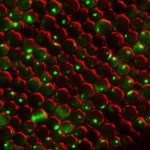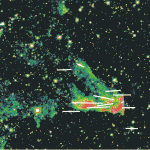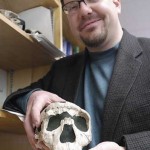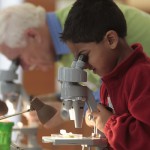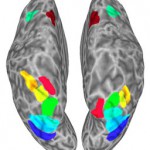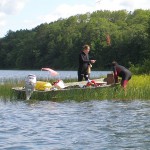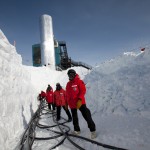Category Science & Technology
Zinc discovery may shed light on Parkinson’s, Alzheimer’s
Scientists at the University of Wisconsin–Madison have made a discovery that, if replicated in humans, suggests a shortage of zinc may contribute to diseases like Alzheimer's and Parkinson's, which have been linked to defective proteins clumping together in the brain. Read More
Students game the system, train computer to play Angry Birds
Angry Birds sounds simple: Just slingshot a digital bird at a pile of evil pigs. You could teach a child to play. But could you teach a computer? Read More
A shot of anxiety and the world stinks
Researchers using powerful new brain imaging technologies are revealing how anxiety or stress can rewire the brain, linking centers of emotion and olfactory processing, to make typically benign smells malodorous. Read More
Wisconsin Science Festival features Nobel, Pulitzer Prize winners and NPR host
The Wisconsin Science Festival starts Sept. 26 with four jam-packed days, inviting people of all ages and interests to unleash their curiosity. Read More
Decades on, bacterium’s discovery feted as paragon of basic science
Over time, the esoteric and sometimes downright strange quests of science have proven easy targets for politicians and others looking for perceived examples of waste in government - and a cheap headline. Read More
Weather: More data + more computers = better forecasts
Been beefing about weather forecasts? Did the “experts” miss a thunderstorm, botch the rainfall prediction, mistake cloudy for sunny or windy for calm? You’re not alone. Forecasts of weather are already way better than forecasts of, say, unemployment or grain harvests, but that doesn’t lead us to predict that the caterwauling over weather forecasts will dampen. Read More
In whole-lake experiment, have invasive crayfish met their match?
Four years ago, University of Wisconsin–Madison researchers wrapped up a multi-year effort to dramatically reduce the population of a destructive invasive species in a northern Wisconsin lake. Read More


